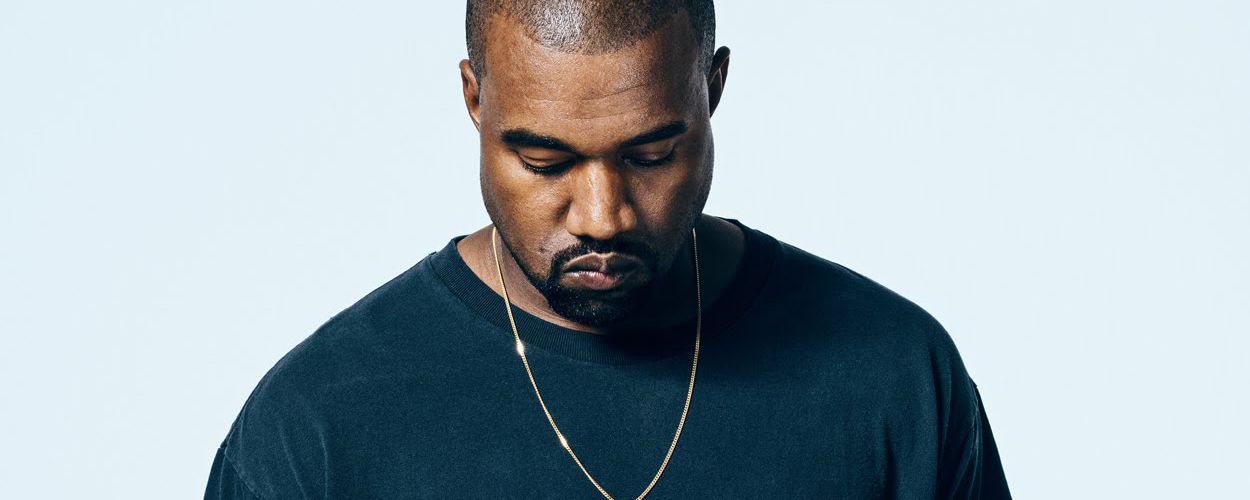This website uses cookies so that we can provide you with the best user experience possible. Cookie information is stored in your browser and performs functions such as recognising you when you return to our website and helping our team to understand which sections of the website you find most interesting and useful.
Business News Labels & Publishers Legal Top Stories
Kanye West publishes his Universal Music contracts as anti-label Twitter rant continues
By Chris Cooke | Published on Thursday 17 September 2020

Kanye West put the spotlight on major label record contracts in a big way last night by posting more than a hundred pages of agreements between him and Universal Music onto Twitter. Although doing so mainly confirmed – via 113 individually posted JPEGs – that major label record contracts are long, tedious, can involve significant upfront expenditure on the part of the label, and usually involve said label retaining master rights and paying a minority share of income over to the artist.
The splurge of contract tweets followed a flurry of posts in which West hit out at this two main business partners in the music rights industry, them being Universal on the recordings side and Sony/ATV on the songs side. However, Universal was feeling most of the heat, hence it was the rapper’s recording contracts that were later made public.
This all began earlier this week with West, who sued both his label and publisher last year, declaring that he was going on strike as an artist until he was cut free from his contracts with Universal and Sony. He then likened record and publishing deals to slavery – as he has before – and attempted to widen his beef with the music majors so that he was speaking for all artists everywhere, in the process demanding to see “everybody’s contracts at Universal and Sony”.
After those tweets had been posted, West returned to Twitter firstly to express frustration Universal hadn’t responded; then to state that he didn’t want to talk to UMG boss Lucian Grainge because “I don’t speak with non-billionaire employees”; and then to demand a meeting with Arnaud de Puyfontaine, CEO of Universal owner Vivendi.
Along the way he said he’d spoken to Katie Stanton, an independent member of Vivendi’s supervisory board, and that that conversation had been positive. But then the Universal bashing resumed.
The flood of tweets was typically erratic and eclectic, including plenty of bible verses along the way. But West’s primary beef is over labels taking ownership of the copyright in the recordings they release which has, of course, become a much bigger talking point in the music community in recent years. And, indeed, was that the heart Taylor Swift’s big bust up with Big Machine.
“When you sign a music deal you sign away your rights. Without the masters you can’t do anything with your own music. Someone else controls where it’s played and when it’s played”, he tweeted at one point. “Artist[s] deserve to own our masters”, he added, “Ima go get our masters … for all artist[s]”.
Of course, while record industry convention in most countries has always been that labels take ownership of any sound recordings they release – traditionally for life of copyright – that side of the business has been in considerable flux in recent years.
As several music industry execs pointed out in response to West’s tweets, artists now have other options when they seek to manage and monetise their recordings, and can choose to work with distributors and artist services business where they retain rights ownership.
And traditional labels too are signing deals where rights revert to artists, or artists licence instead of assign rights, or where the label acts more as a service provider than a rights owner.
Though, more traditional record deals are also still being signed on a regular basis. And a basic rule remains – the more you want from a label in terms of money and services, and the bigger the risk a label is taking on a project, the more it is going to want to have in terms of rights and royalties.
That said, it is true that there are issues with legacy record contracts, even those signed in the 2000s, in relation to how labels implement and enforce those deals in the streaming age. Those issues are then exacerbated by the general lack of transparency that continues at many record companies.
So, on some of his arguments, West has a good point and is speaking for the wider artist community. Though whether artists who made millions from their record deals are the best people to front that fight is debatable. And literally pissing on your Grammy award in the middle of it all isn’t really a helpful move either.
Either way, the posting of contracts relating to major deals done by major labels with major artists is definitely a major moment, even if most of those documents are as tedious as hell. What happens next in terms of West’s very public squabble with Universal remains to be seen.
Meanwhile, for a concise summary of how record deals work, and the various options now available to artists signing new deals around their recordings, the MMF ‘Deals Guide’ produced by CMU Insights is a good starting point.





